With 232 pages and an expanded 12″ by 12″ format, our biggest print issue yet celebrates the people, places, music, and art of our hometown, including cover features on David Lynch, Nipsey Hussle, Syd, and Phoebe Bridgers’ Saddest Factory Records, plus Brian Wilson, Cuco, Ty Segall, Lord Huron, Remi Wolf, The Doors, the art of RISK, Taz, Estevan Oriol, Kii Arens, and Edward Colver, and so much more.




Photo by Michael Muller. Image design by Gene Bresler at Catch Light Digital. Cobver design by Jerome Curchod.
Phoebe Bridgers makeup: Jenna Nelson (using Smashbox Cosmetics)
Phoebe Bridgers hair: Lauren Palmer-Smith
MUNA hair/makeup: Caitlin Wronski
The Los Angeles Issue
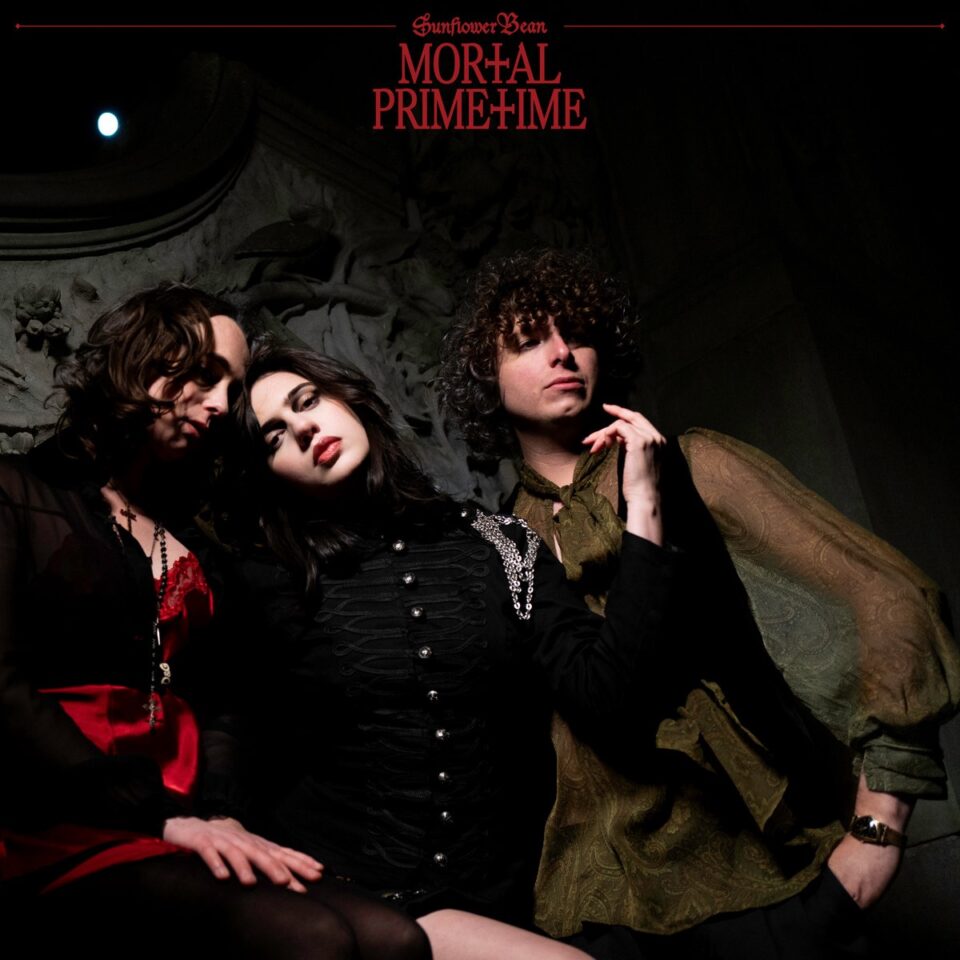
Sunflower Bean, Mortal Primetime
The New York trio’s first self-produced album has a smooth, consistent, quietly confident sound quality that reflects the elegance that’s always been at their core.
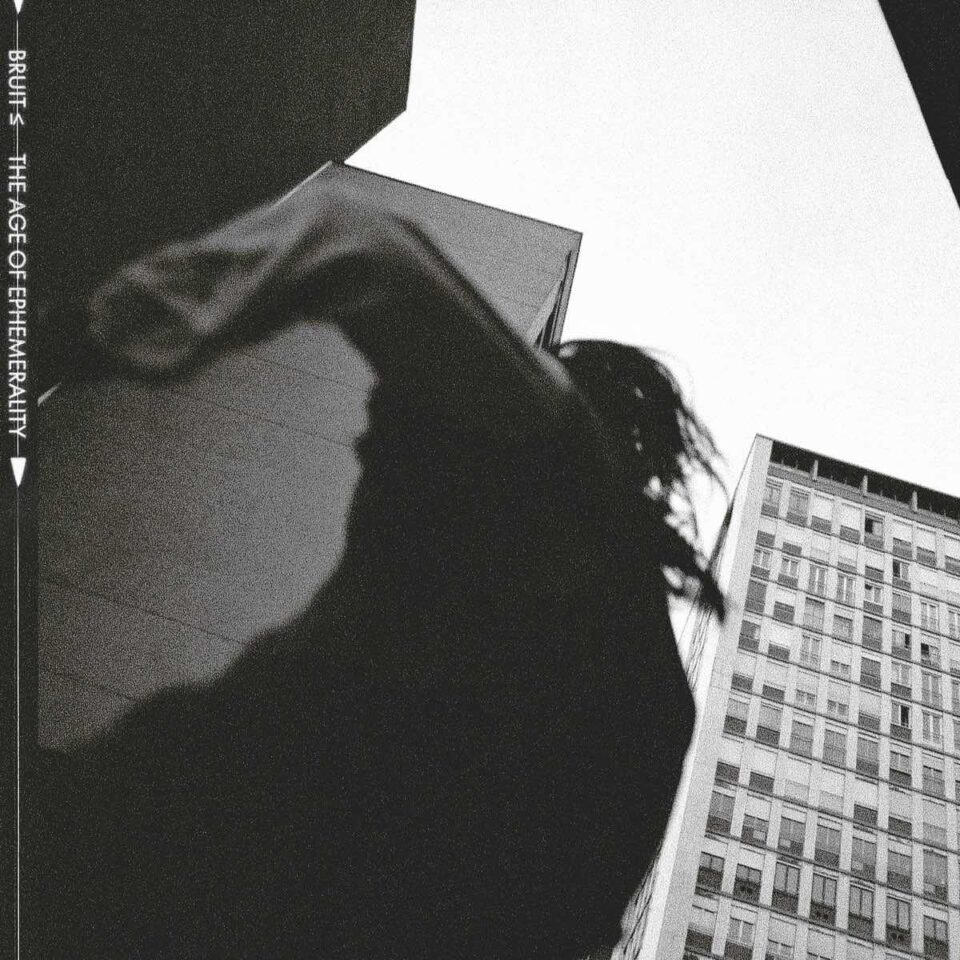
BRUIT ≤, The Age of Ephemerality
The French post-rock band lyrically addresses the unthinkable progress and regression of our post-internet age via droning metal and modern-classical sound on their second LP.
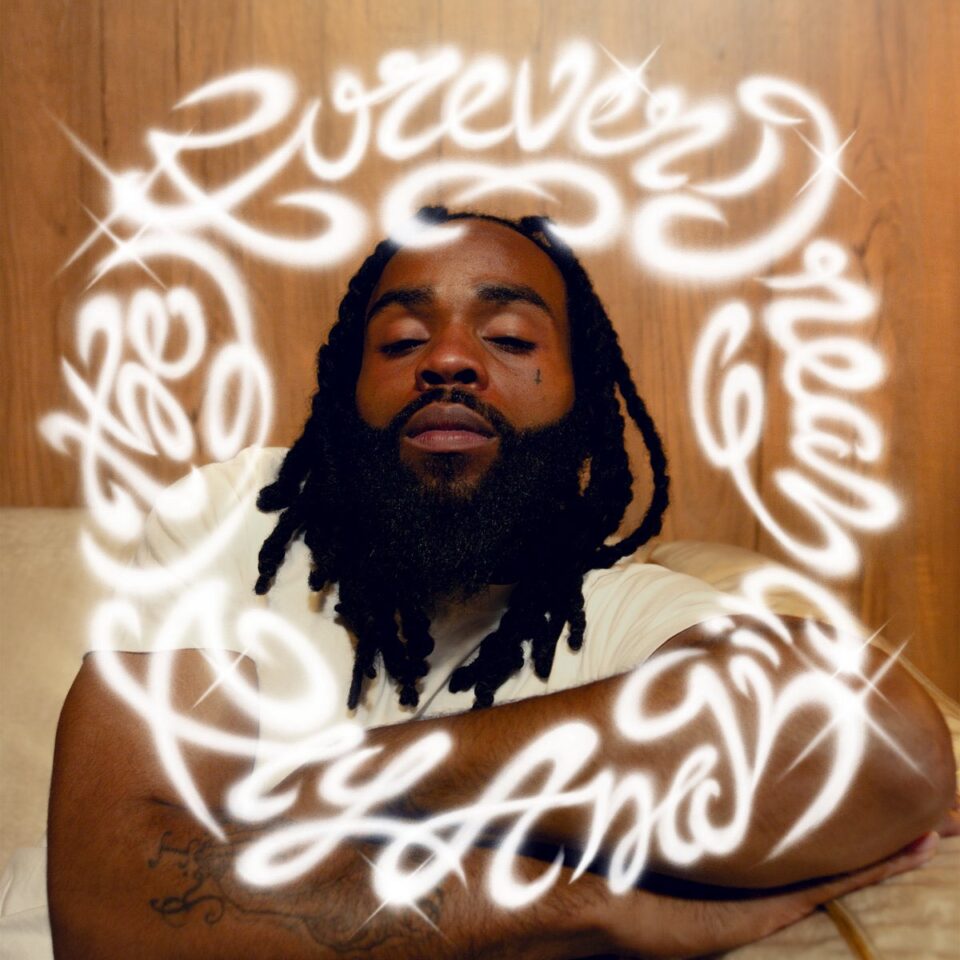
Fly Anakin, (The) Forever Dream
The Virginia rapper’s guest-filled latest is a stellar collection of bright, diverse, and downright gorgeous hip-hop that’s so light-on-its-feet it can sometimes feel like it’s sweeping you off yours.
Adam Pollock
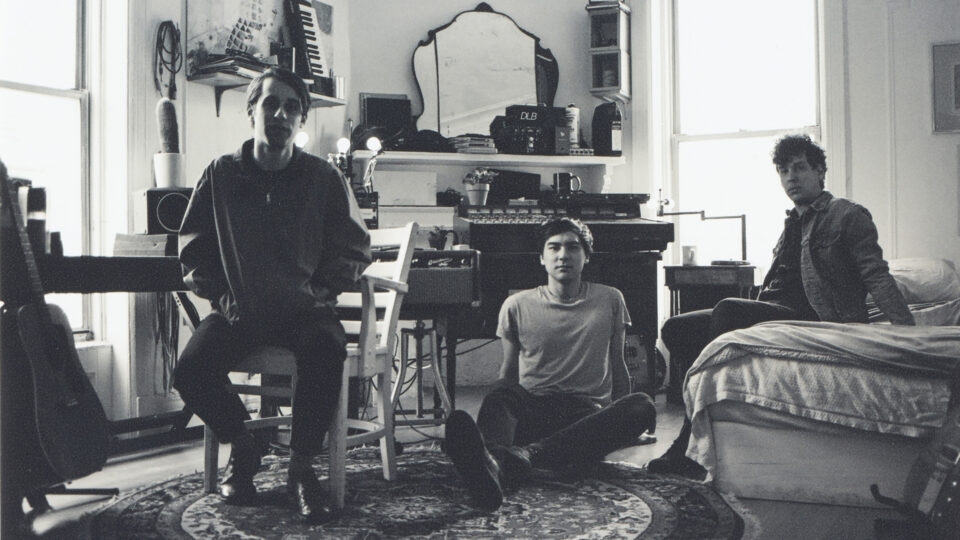
EZTV // photo by Pamela Garavano
Brooklyn-based NYU grads turned power-pop revivalists EZTV talk about auditioning for Spiritualized and calling in sick to go on their first tour.
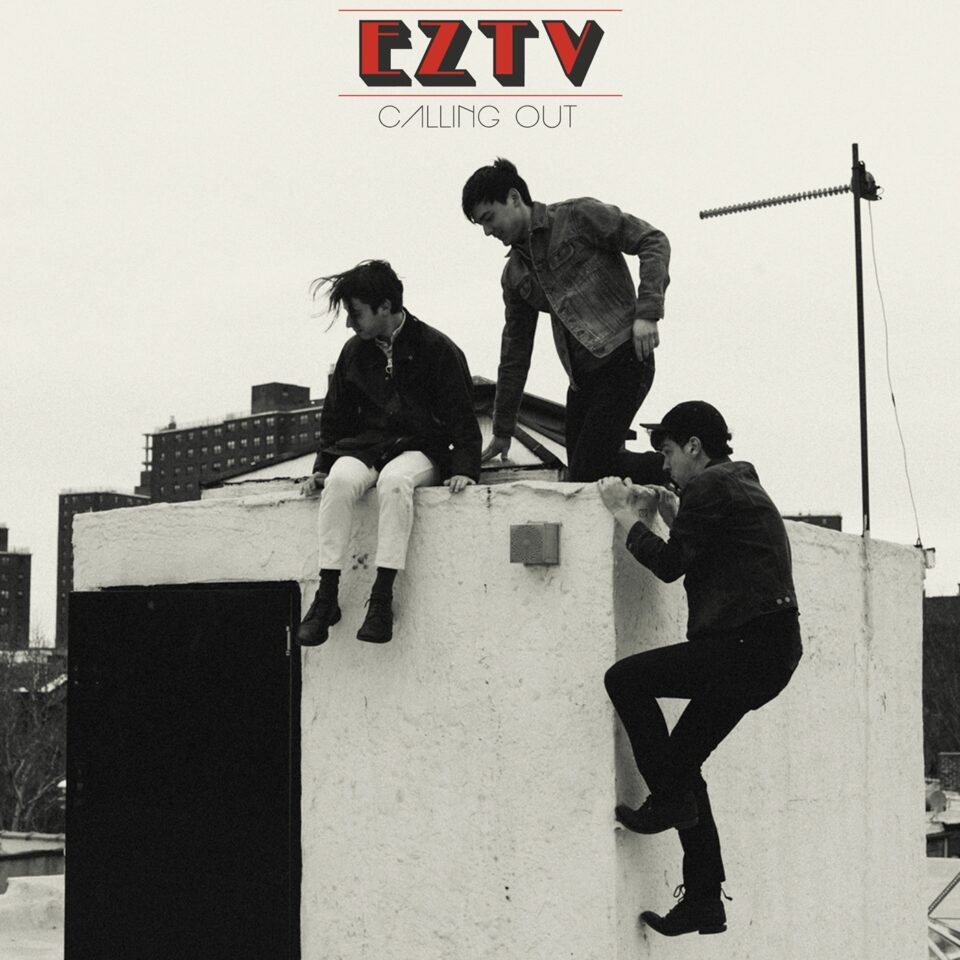
EZTV Calling Out cover high-res (1400x)
“Calling Out” follows a fairly straightforward path from start to finish, as any good pop-rock album should: guitars lead the way, vocals enter to tell universal stories of urban, existential, and romantic frustrations.
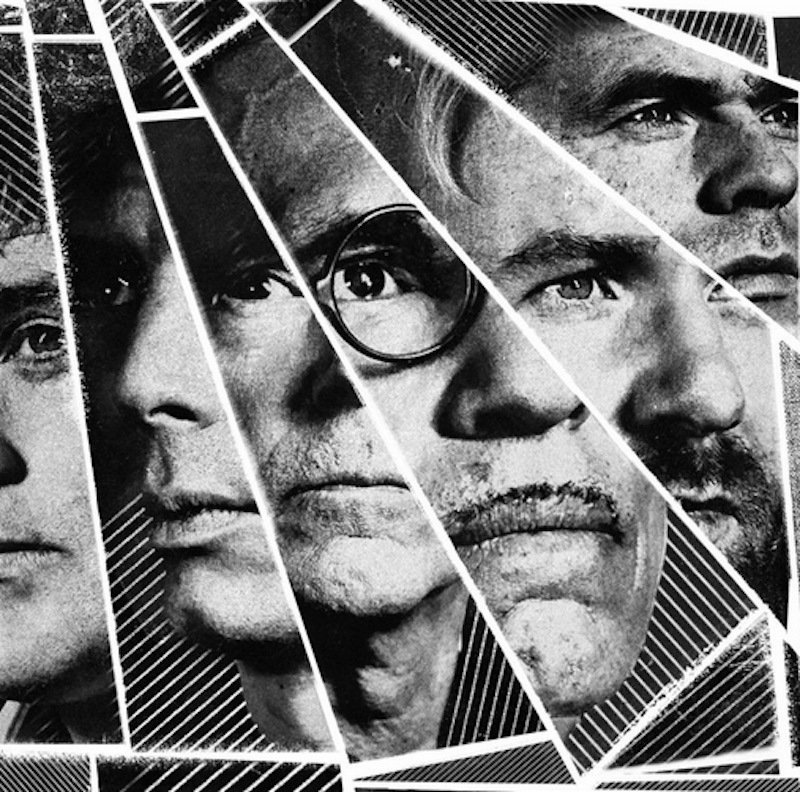
FFS. cover.
“FFS”’s songs are completely polarizing; you will either love them, or you will not.

Hot Chip, “Why Make Sense?”
It’s solid, let’s leave it at that.
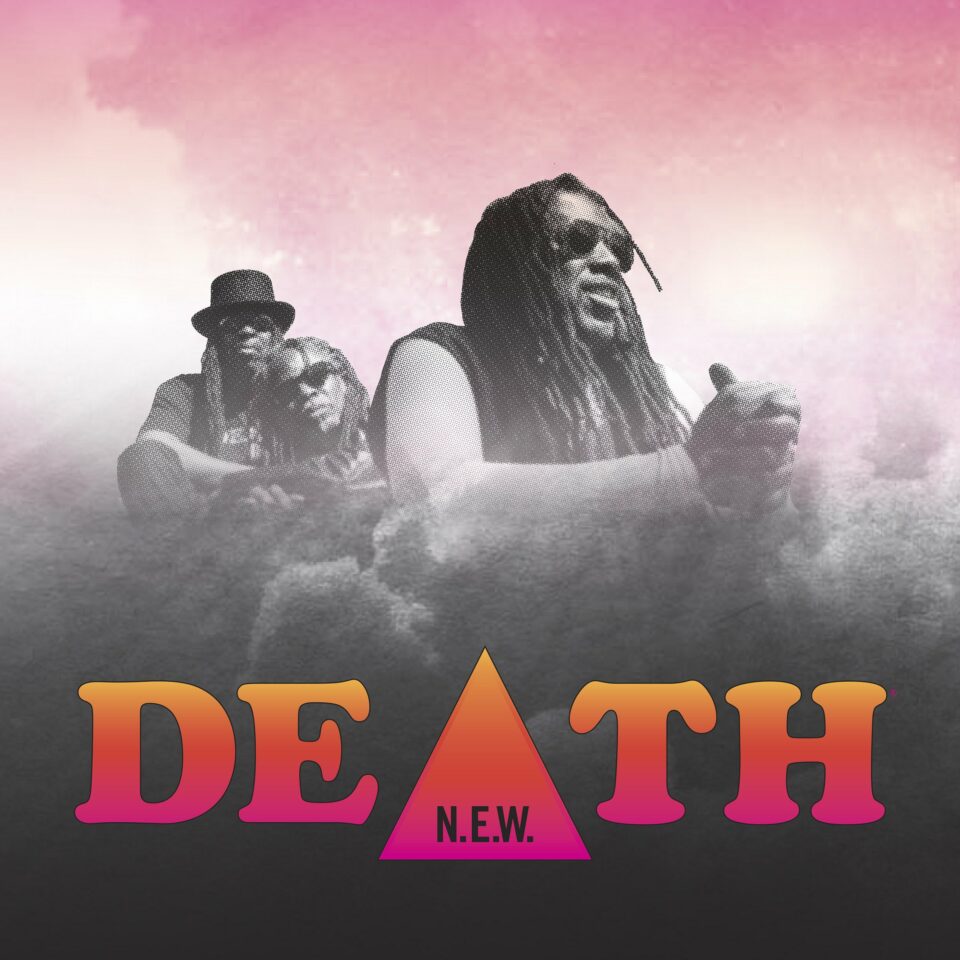
2015. Death, “N.E.W”
While it’s impossible to confirm, the first punk band ever might have been a God-fearing trio of African American brothers from Detroit, Michigan, called Death.

Kurt Cobain: Montage of Heck / photo courtesy HBO
A beautiful—warts and all—look at the public and private life of modern rock’s most visceral voice.
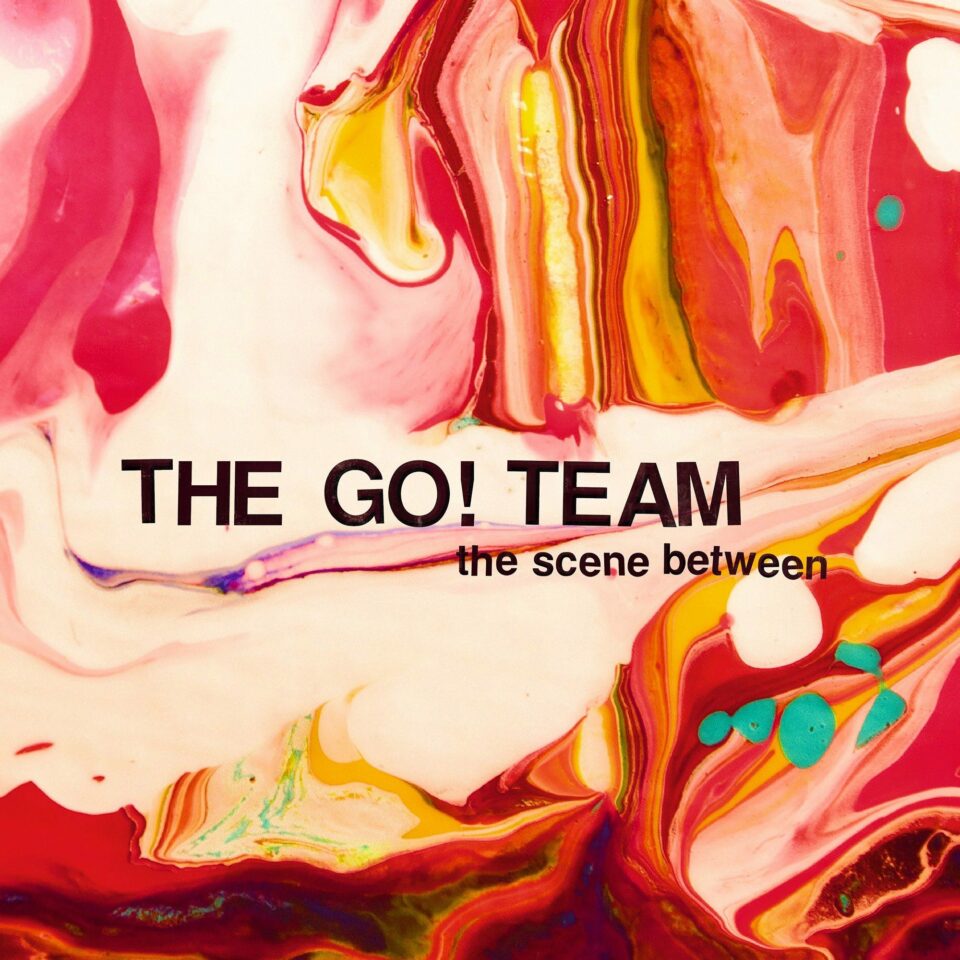
2015. The Go! Team, “The Scene Between”
The sound of fizz, a soda being poured most likely, opens “The Scene Between,” the first new offering in four years from Brighton’s The Go! Team.

2015. Mark Knopfler, “Tracker”
Like many of his aging contemporaries, Mark Knopfler is such an accomplished and successful musician that one can appreciate his work without realizing how proficient it is.

2015. Madonna, “Rebel Heart” art
Around the time most of the readers of this site were born, Madonna Louise Ciccone was into her second, or perhaps third, career transition.

2015. Swervedriver, “I Wasn’t Born to Lose You”
That the band is now releasing a new album (seventeen years since its last) is certainly newsworthy, but while comparing “I Wasn’t Born to Lose You” to their prior work is inevitable, it ensures a disappointing listening experience of the new LP.

2015. Diamond Rugs, “Cosmetics”
The collaborative group—McCauley along with members of Black Lips, Dead Confederate, Six Finger Satellite, and Los Lobos—continues to succeed with its brash brand of aggressive garage-punk featuring sing-shouted lyrics (“Couldn’t Help It,” “Blame”), but the bouncy fun and joy of 2012’s “Diamond Rugs” seems to be absent on the latest LP.

2015. Amason, “Sky City”
If you’re familiar with the tastefully produced prior releases from the electro-folk-pop Ingrid stable such as Hortlax Cobra, Woodlands, and Smile, you’ll feel right at home with the falsetto vocals and wispy synth lines of Amason—the collective of Amanda Bergman (Hajen, Idiot Wind), Gustav Ejstes (Dungen), Nils Törnqvist (Little Majorette), Petter Winnberg (Little Majorette), and Pontus Winnberg (Miike Snow).
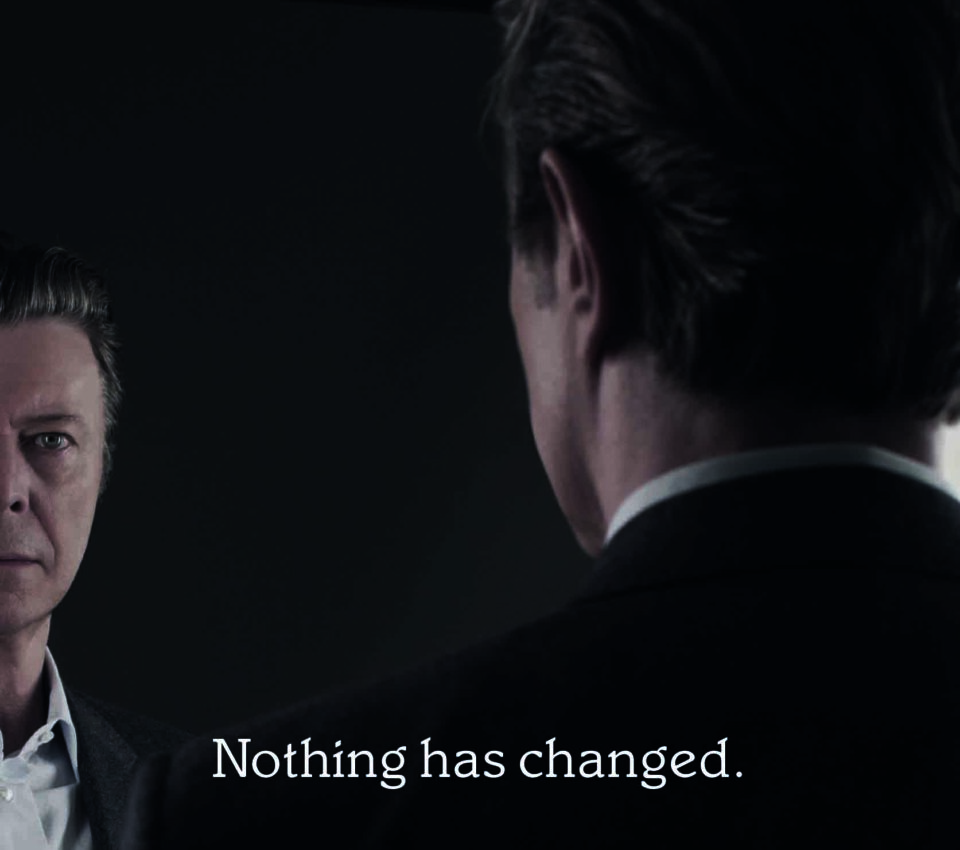
David Bowie, “Nothing Has Changed” cover, 2014
Exhaustive in its scope, Nothing Has Changed assembles repertoire from almost every crevice of the Thin White Duke’s career, from 1964 to this year.
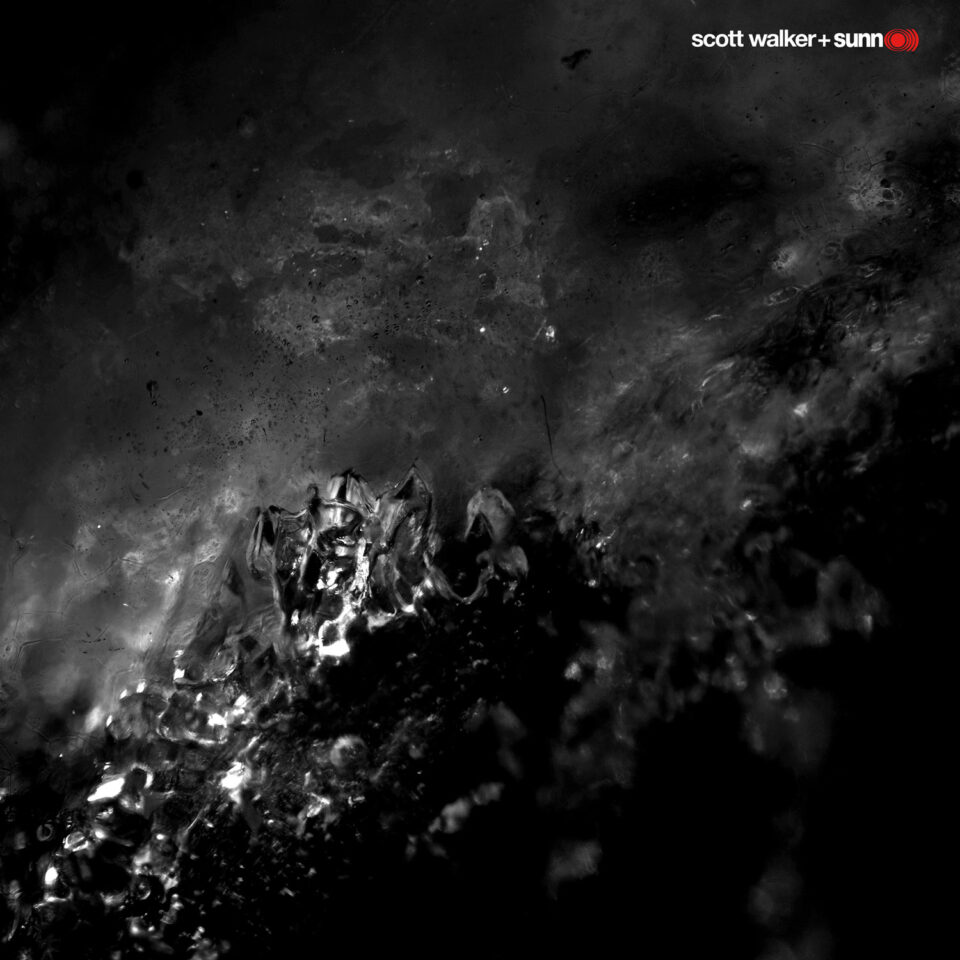
2014. Scott Walker + Sunn O))), “Soused”
Simply put, to all but a select handful of the most adventurous music consumers Soused will be unlistenable.

2014. The Raveonettes in shadow live in Brooklyn. Photo by Adam Pollock.
The Raveonettes September 30, 2014 Music Hall of Williamsburg Brooklyn, New York Touring in support of their seventh album (and…
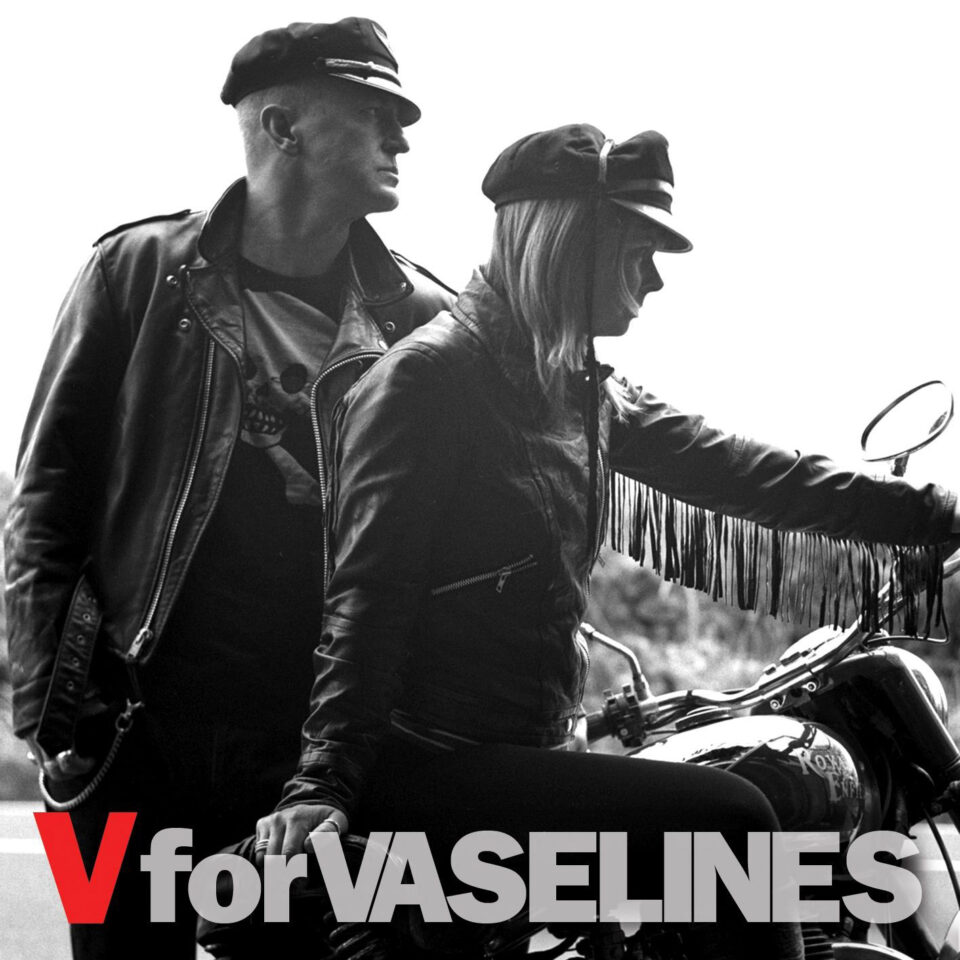
2014. The Vaselines, “V for Vaselines”
Lo-fi and punk, V for Vaselines is a cheery and welcome ’50s-tinged raver that recalls simpler times—the ’90s for instance—when the gravest threat to public safety was a libidinous president.
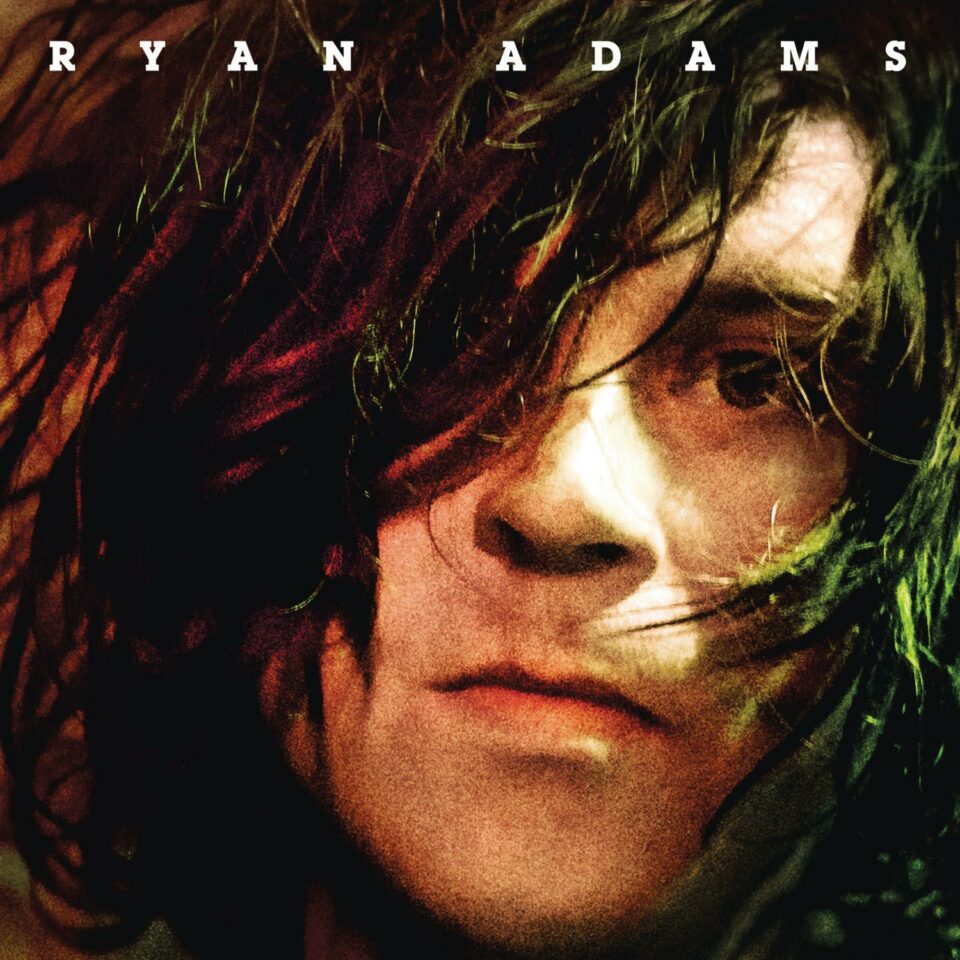
2014. Ryan Adams, “Ryan Adams”
While a modern roots rocker’s (a sect of which Adams is “drunk uncle” emeritus) current arsenal centers around acoustic instruments and even—sigh—banjos, with this album, Adams reminds us that the overdriven electric guitar once held sway.

To say that the wait was worth it is a fair assessment; Trouble is a sexy and inviting album that shows a maturation from the youthful, coming-of-age days of La Roux.

2014. The Raveonettes “Pe’ahi” album art
Pe’ahi may be The Raveonettes’ sun-drenched, dreamy surf-rock album but dark things always seem to lurk in the lands filled with permanent sunshine, too, just ask David Lynch.

2014. Braid, “No Coast” album art
The first bands of this second wave came out of the gate in the early ’90s, including the creative (and relatively obscure) Braid.

